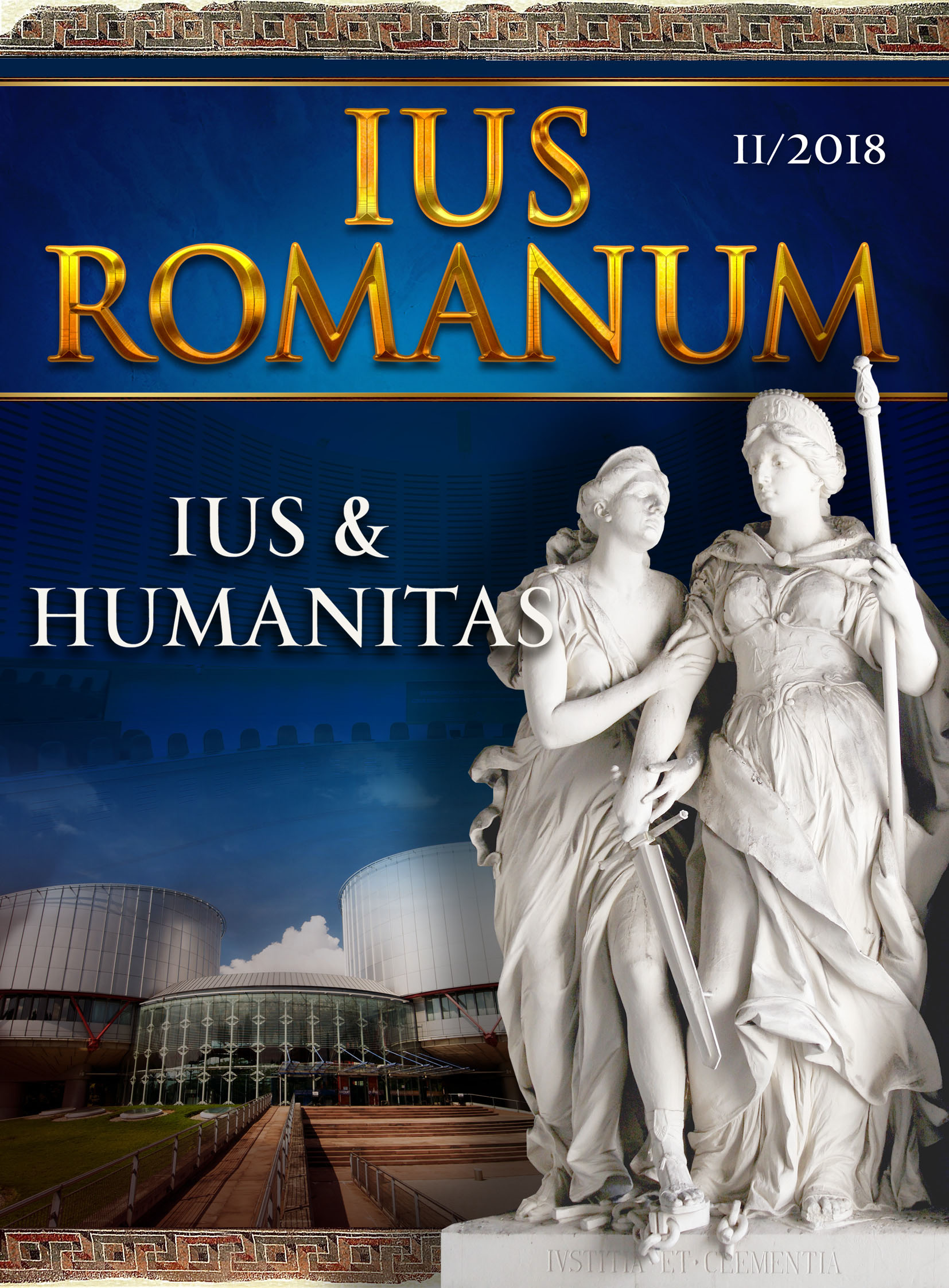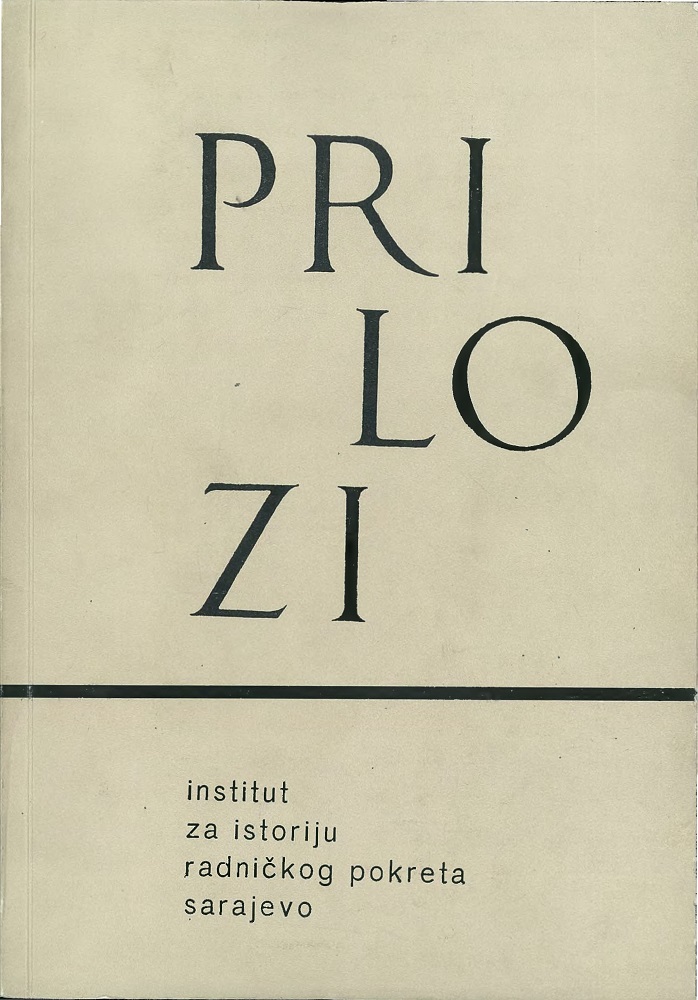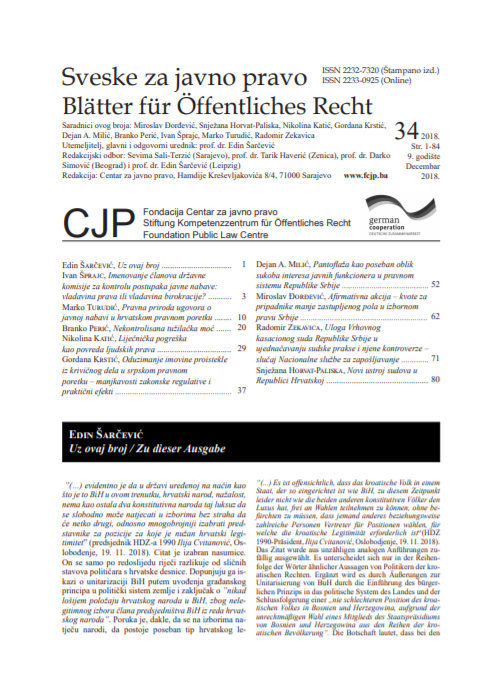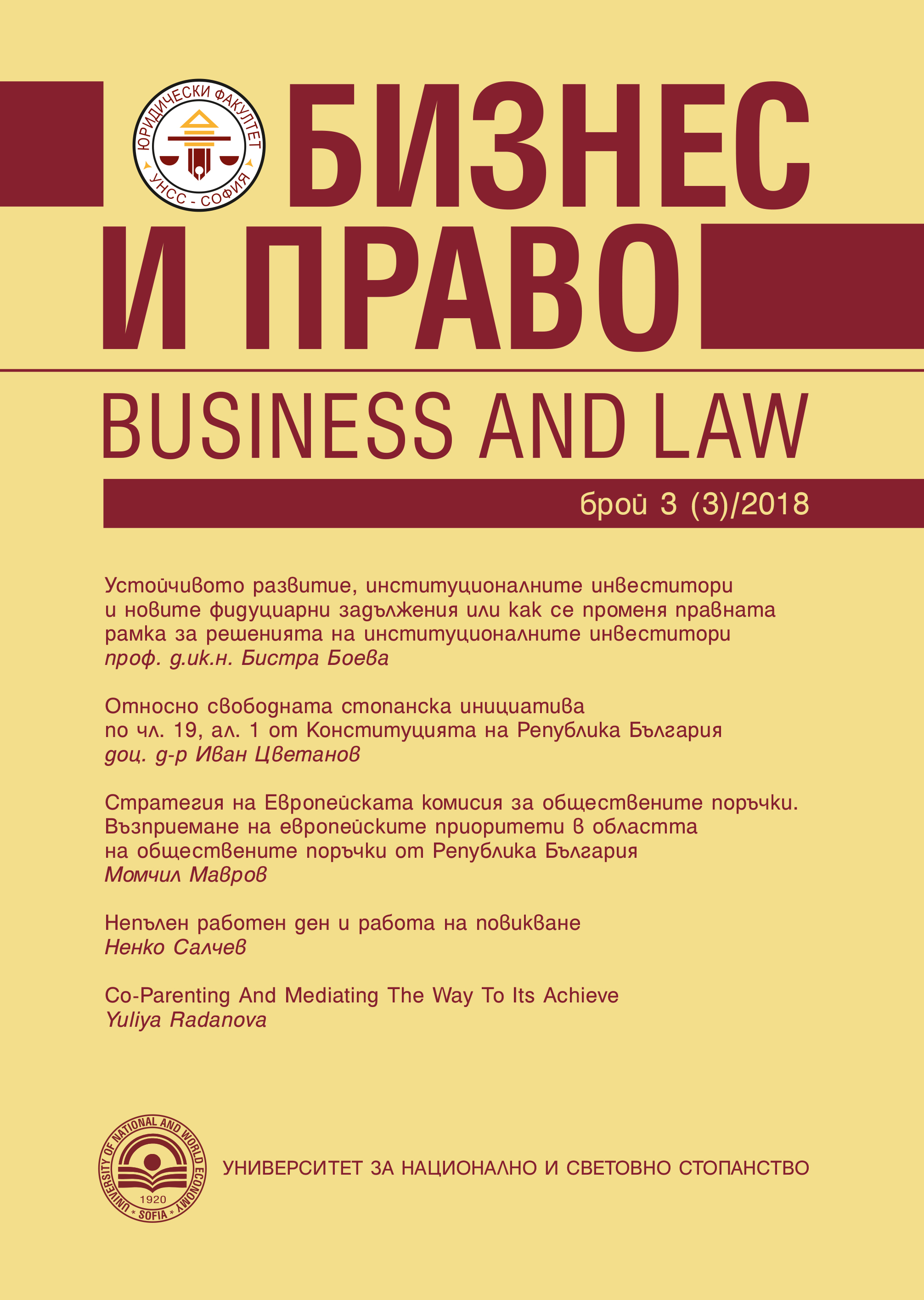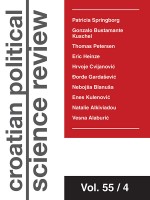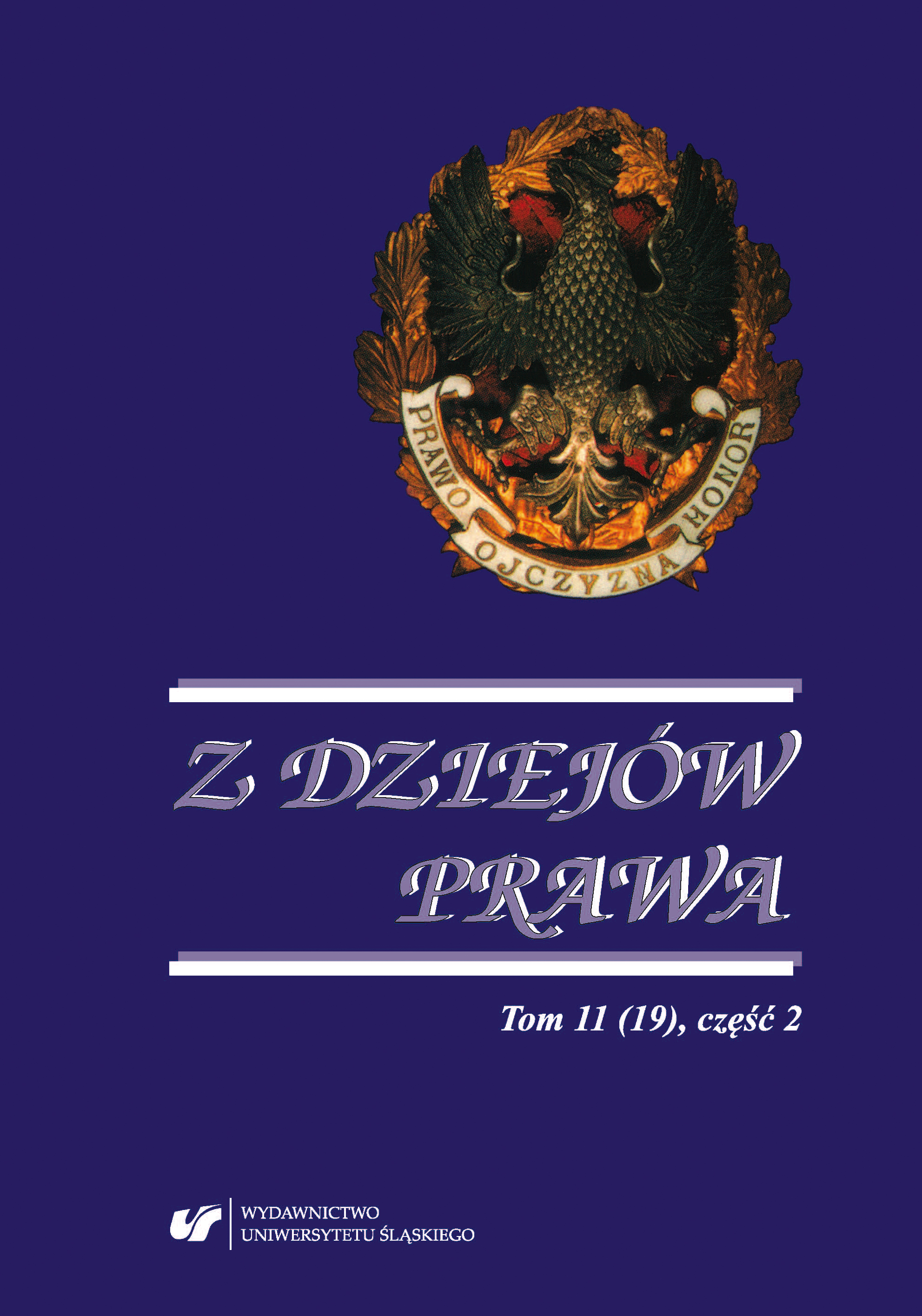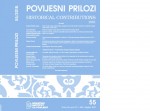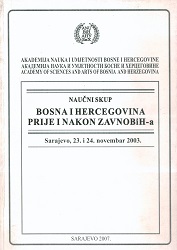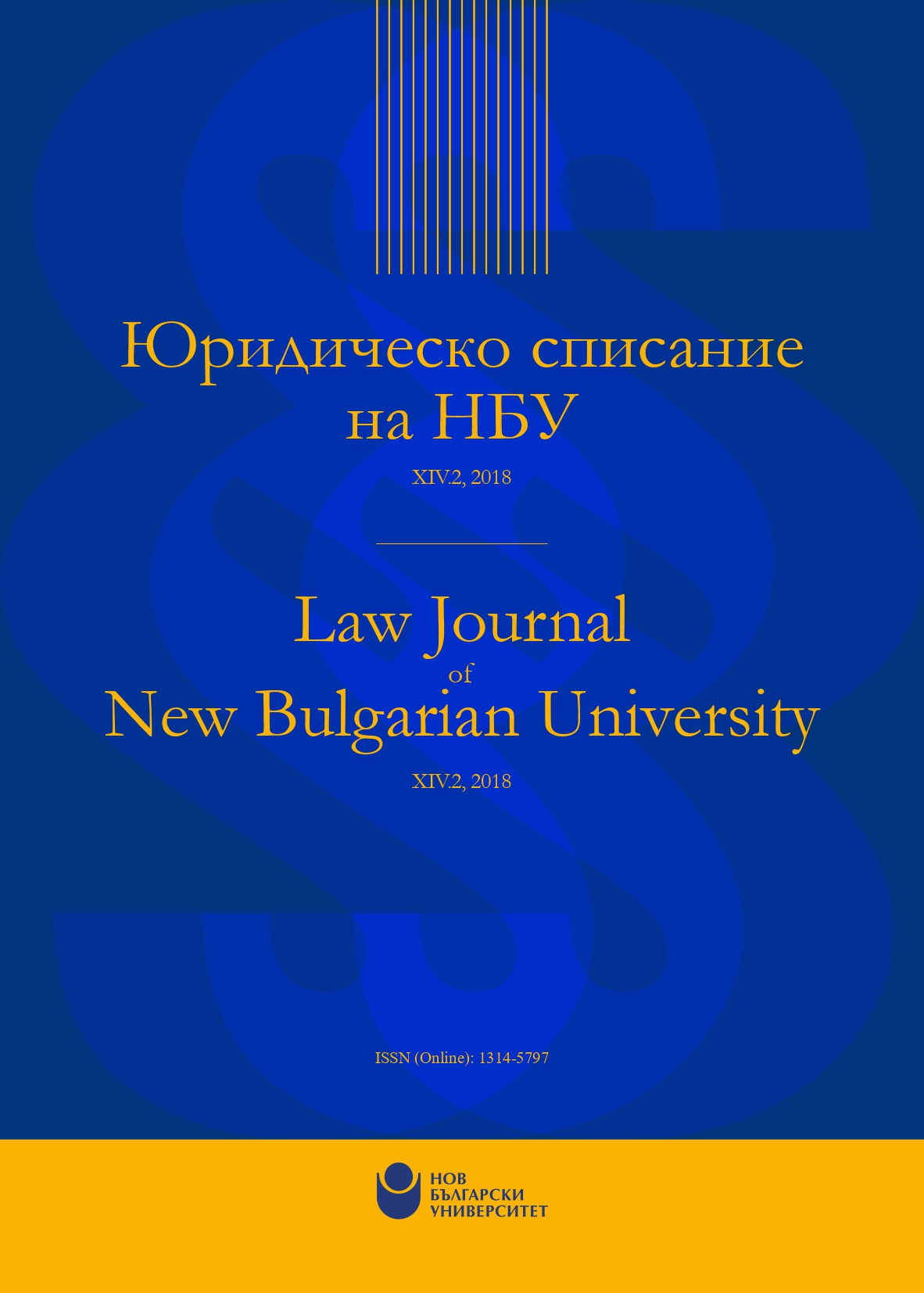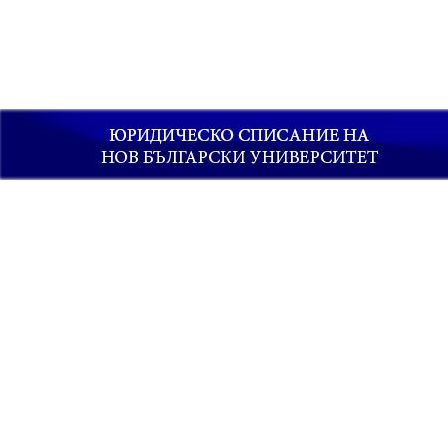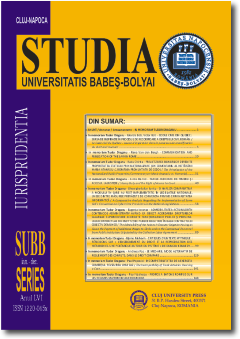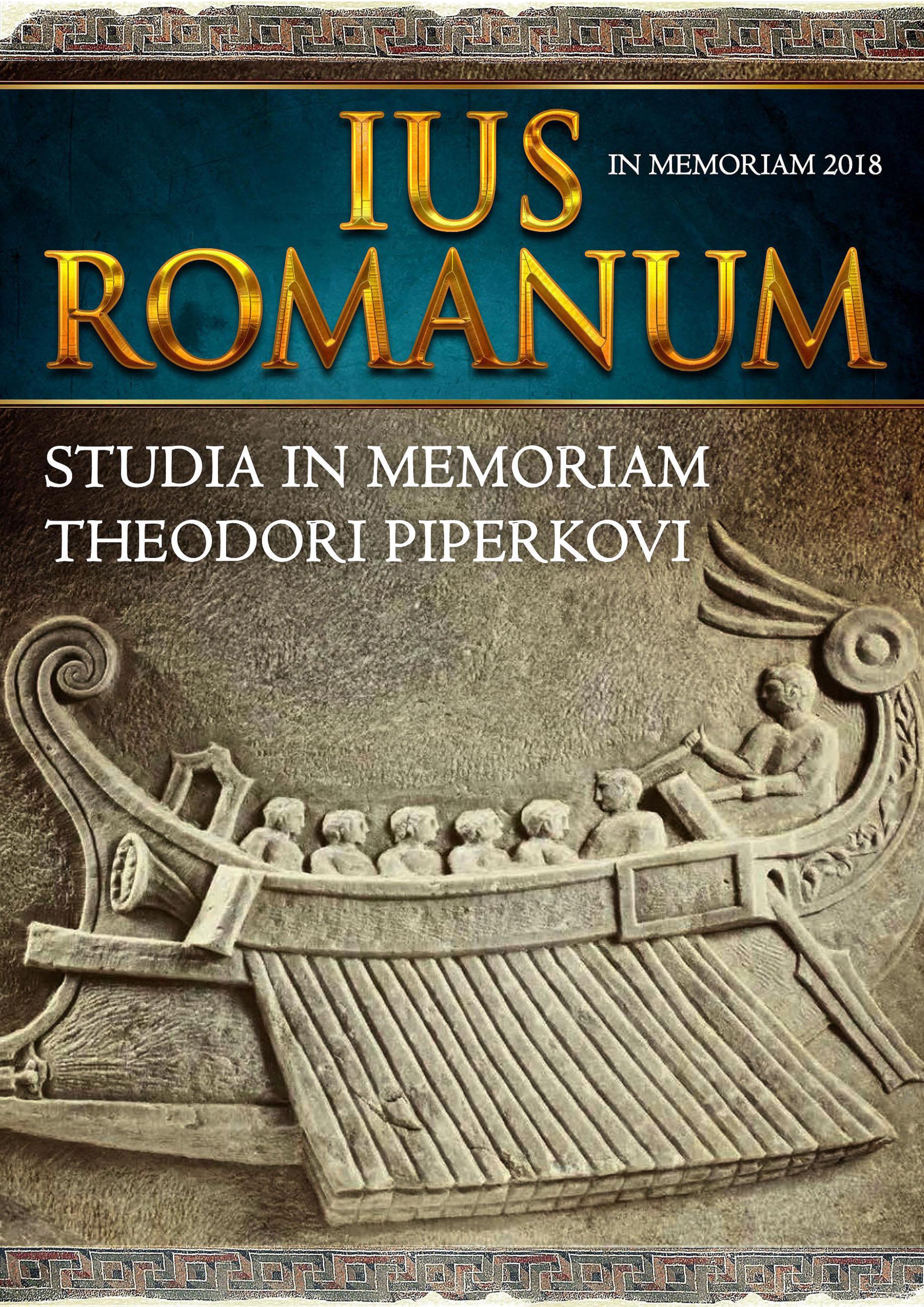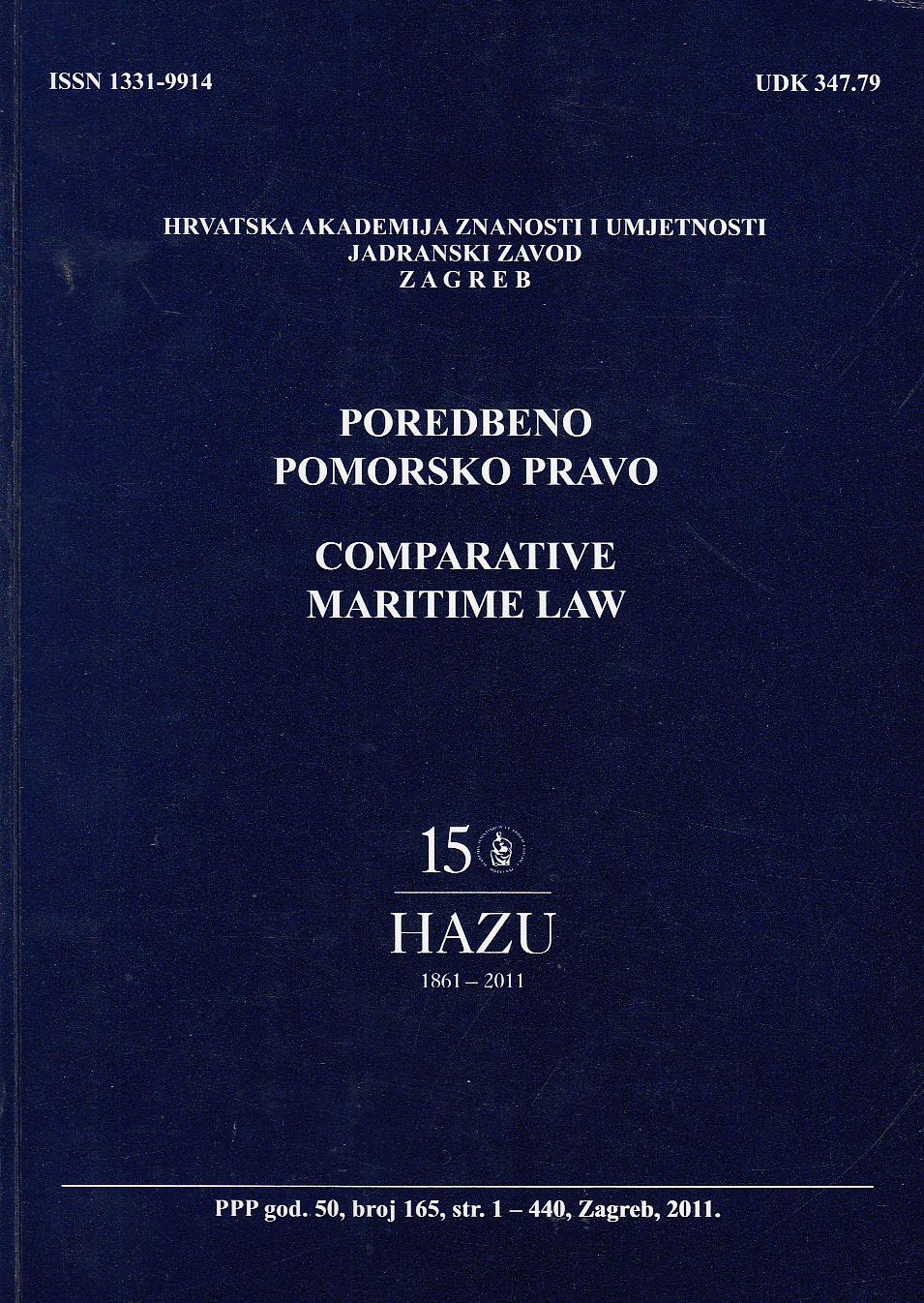
Armed guards on vessels : insurance and liability
The Paper examines the insurance and liability issues resulting from the use of armed guards on board vessels. The study begins with an overview of the available data on key economic figures representing the projected overall annual costs of modern piracy. The focus is then shifted to the issue of public versus private security, where possible dangers of private-based security options are discussed in general. After explaining why the Somalia region deserves a closer attention when compared to other pirate-infested waters, a brief summary of the international effort to combat piracy threat is presented, followed by a structured overview of the use of private maritime security options in the maritime sector in general. One security option is the use of armed guards on board vessels. This option is explored both from the political (the acceptance by stakeholders) and legal standpoint (legal issues arising from the use of armed guards). An important remedy for the shipping companies/operators threatened by the piracy hazard is the existence of affordable and effective (specialized) marine insurance. A study of available piracy insurance policies is presented, followed by an analysis of case law and other legal issues arising from piracy attacks, which could prove important when considering the legal implications of armed guards employment. Finally, a simplified economic analysis of available security options is presented, followed by the final assessment of benefits derived from the use of armed guards.
More...
